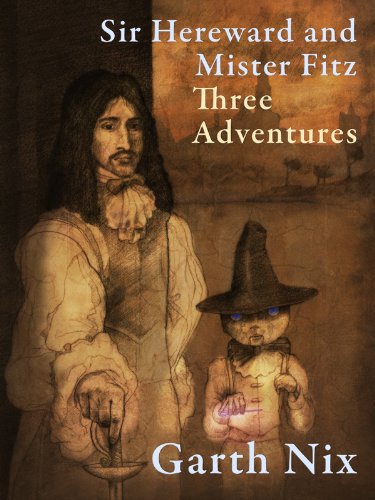I ... have no memories of my own childhood. Perhaps that’s why I’m so different from the others. I must be lacking in certain experiences that make a person fully human. [loc. 1546]
We first encounter the nameless narrator near the end of her solitary life, determined that her story will not die when she does. Gradually we discover her history: that her first memories are from an underground prison where she, and thirty-nine adult women, were held captive for years. She can't recall anything from before the prison, and none of the women can tell her much: just screams, flames, a stampede... The guards are all male, and don't speak to or interact with the prisoners, except to pinish them for talking, for touching.
Then a siren blares, the guards flee, and the women escape. (It is not as simple as that.) They find themselves in an empty world; they find other bunkers, where all the prisoners are dead; they argue about whether this is Earth, about why they were imprisoned, about what happened. And eventually there is only our narrator, much younger than the others, alone in a refuge of her own.
In some ways this is a bleak novel: in others, it's surprisingly uplifting. I admired the narrator's pragmatism, and her ability to fantasise. It's clear that she does love, and does suffer, even if not in the same ways as the older women. (I could make an argument for her being something other than human, but that interpretation feels too glib.)
Translated from the French, this was a novel for the Prix Femina in 1995. Jacqueline Harpman was a Belgian Jew whose family fled the Nazis (many of her relatives died in Auschwitz): later in life she became a psychoanalyst. I'd like to read more of her work.
The reader and I thus mingled will constitute something living, that will not be me, because I will be dead, and will not be that person as they were before reading, because my story, added to their mind, will then become part of their thinking. [loc. 2358]






